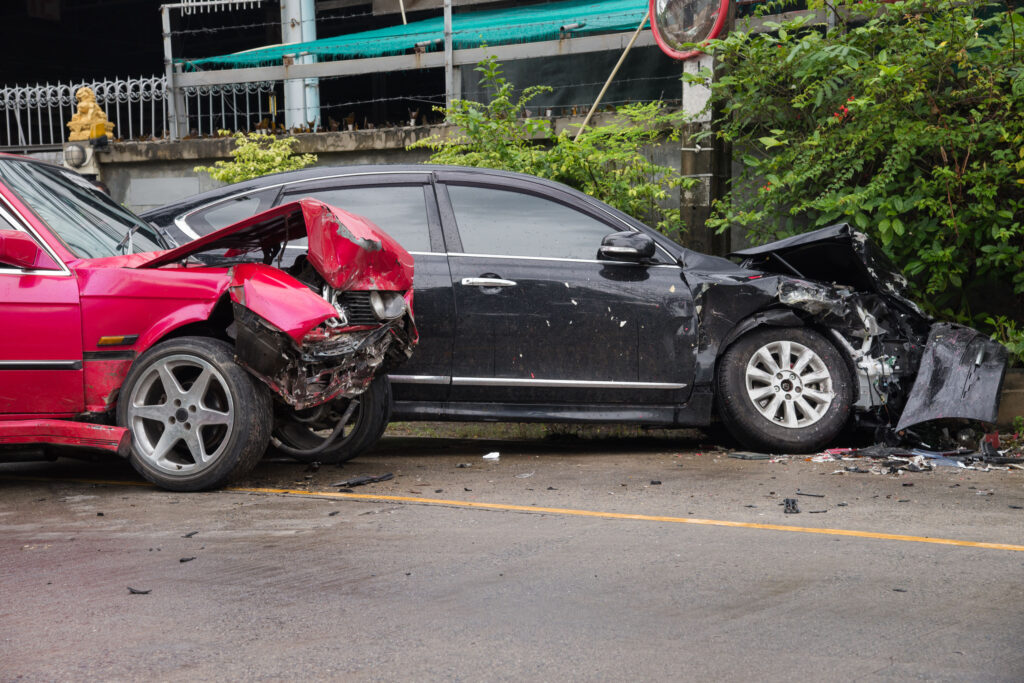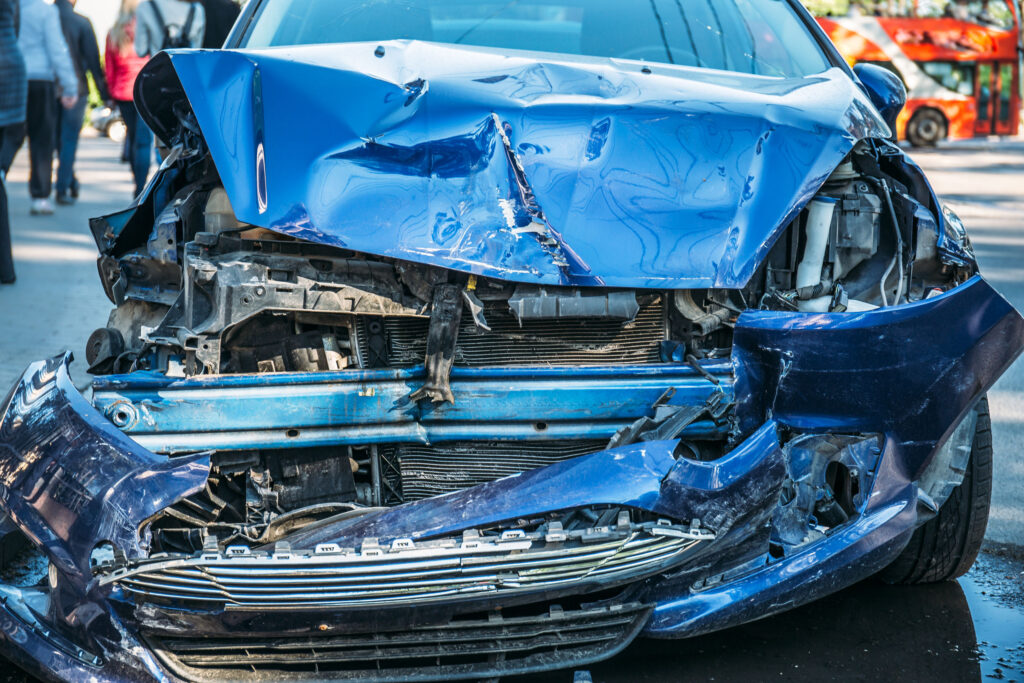
There’s no good time to get into a car accident. But getting into a car accident in your leased vehicle can be a particularly stressful experience. Establishing who was at fault and fighting with the insurance company over the value of your car is enough to make anyone’s head spin, let alone dealing with physical injuries, medical bills, and the emotional toll of being in a crash.
If you or your loved one has been injured in a car accident in a leased vehicle and have been told that your car is a total loss, it’s important that you understand what comes next in the accident claims process. Learn more about what to expect from the Chicago car accident lawyers at Lerner and Rowe Injury Attorneys.
What Does “Total Loss” Mean?
When someone says your vehicle is totaled, this is just another way of saying it is a total loss. Whether or not a car is deemed a total loss depends on whether the cost to repair a damaged vehicle is a significant portion of the car’s actual cash value (ACV). In the state of Illinois, insurance adjusters use what is called a total loss formula (TLF) to determine whether the insurance company will foot the bill to repair a vehicle or whether they’ll pay the claimant the amount of the car’s ACV instead.
Do I Still Have To Pay My Car Lease if it Gets Totaled?
In short, yes—just because your leased car has been totaled doesn’t mean you can stop making payments. When you sign a car lease, you are promising to fulfill the terms of that lease, regardless of what happens to the vehicle. For example, if you signed a 24-month lease for your car and got into a car accident after a year, you’ll still owe the lien holder (the company that leased you the car) another 12 months’ worth of payments, even if the car is totaled.
Will Car Insurance Cover My Totaled Leased Car?

Maybe. This is where car accidents involving totaled leased cars tend to get tricky. In a perfect world, car insurance would reimburse the lien holder for the exact amount you owed on your lease and you could start over with a clean slate. Unfortunately, all too often this is not the case. Whether or not car insurance will cover the entire cost of your remaining lease balance depends on multiple factors. Let’s take a look at how different circumstances can affect your car accident settlement.
You Were At Fault for the Accident
When it comes to traffic accidents, Illinois is a fault state. This means that the driver who causes a crash is held responsible for damages to the other driver’s vehicle and injuries to the occupants of that vehicle. This type of mandatory insurance coverage is called property damage liability and bodily injury liability, respectively.
Depending on the leasing company, you may also be required to carry additional insurance coverage that also protects your leased vehicle in the event of a crash. This is called collision coverage, and it will pay for damage to your leased vehicle even if you were the one that caused the accident.
However, collision coverage is subject to a deductible. Furthermore, it will only pay an amount up to the actual cash value of the vehicle just before the accident. So if your leased car has depreciated in value significantly since you drove it off the lot, there’s a possibility that the ACV will be less than the amount you still owe on your lease.
This is where gap insurance comes in. Like collision coverage, it may or may not be required by your lien holder. Gap insurance covers the difference between the actual cash value of the leased car and the remaining lease value. As long as you have both collision and gap insurance, you should only be responsible for paying your deductible should you cause an accident that results in a totaled leased car.
Another Driver Was At Fault for the Accident
If another driver was at fault for the accident that totaled your leased car, the claims process will look different. Instead of using your collision and gap insurance, you’ll be reimbursed for the ACV of your vehicle through the at-fault driver’s property damage liability policy. In Illinois, the minimum amount of property damage liability a motorist must carry is $20,000, although some drivers may have higher policy limits.

If your totaled leased car was worth more than $20,000 before the accident and the at-fault driver only has the minimum amount of property damage coverage, you may find yourself on the hook for the rest of what you owe to the leasing company. In this case, optional underinsured motorist coverage from your own auto policy could help make up the difference. (Underinsured motorist coverage can also cover you if the cost of your injuries exceeds the at-fault driver’s bodily injury liability.)
A note on liability: In some car accidents, it’s not always clear who caused the crash. In cases where liability is murky or drivers each share partial blame for an accident, it is best to consult with an experienced personal injury lawyer before attempting to file a claim on your own. This ensures that you get the full, fair settlement you’re entitled to.
Totaled Your Leased Car? We May Be Able to Help
If you were recently in an accident that totaled your leased car and you’re not sure what to do next, contact our legal team at Lerner and Rowe Injury Attorneys. The most important thing to remember when you’re dealing with car insurance companies is that saving themselves money—not taking care of injured claimants—is their top priority. This can result in anything from underestimating the value of your total leased car to shifting the blame to you to altogether denying your claim.
At Lerner and Rowe Injury Attorneys, our lawyers have a long history of standing up to insurance companies and securing our clients the settlements they deserve for their damages—not just those to their vehicles, but their injuries, lost wages, pain and suffering, and more.
To find out how we can help and to schedule your free, no obligation consultation with our Chicago team, call us 24/7 at 708-222-2222. Representatives are also standing by online to answer your questions via LiveChat. Short on time? Fill out this quick form with your case details and it will be forwarded directly to our office. The consultation is always free, and there’s no fees until we win your case.



